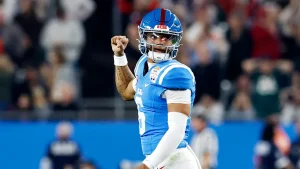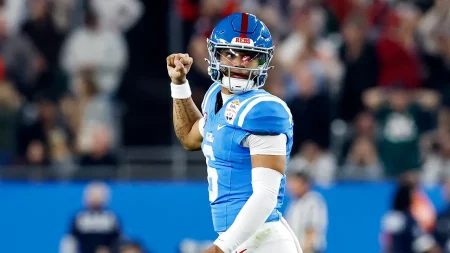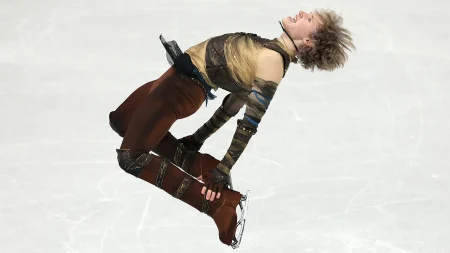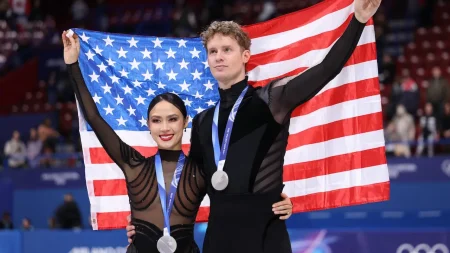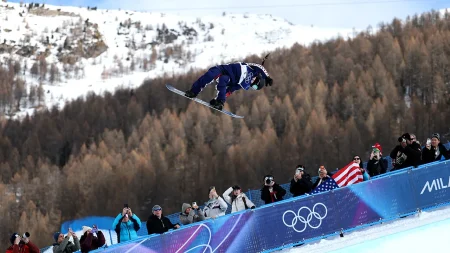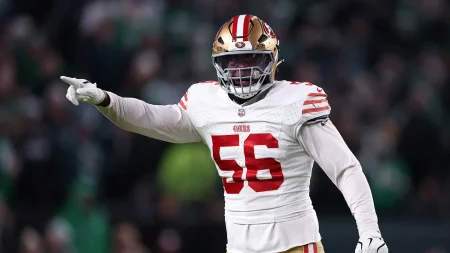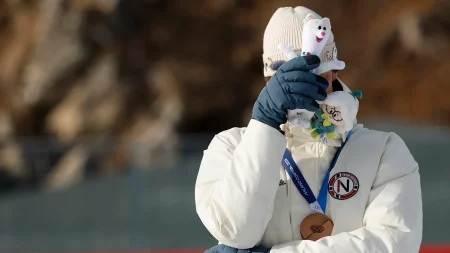Juan Soto’s Record-Breaking Contract and the Perks of Being a Superstar Athlete
Juan Soto’s monumental 15-year, $765 million contract with the New York Mets has sent shockwaves through the sports world, solidifying his status as the highest-paid athlete in history. This staggering deal not only underscores Soto’s exceptional talent and potential but also highlights the increasing willingness of teams to invest heavily in securing top-tier players. While the financial terms of the contract are indeed eye-popping, the agreement also encompasses several additional perks and considerations that shed light on the unique world of superstar athletes and the lengths to which teams will go to attract and retain them.
One of the key non-financial aspects of Soto’s contract involves the provision of a private suite at Citi Field, the Mets’ home stadium. This perk, reportedly denied by the New York Yankees during their pursuit of Soto, became a point of contention and ultimately contributed to the Mets securing his services. The Yankees’ reluctance to offer a complimentary suite, citing a policy requiring even highly paid players to purchase their own, contrasted sharply with the Mets’ willingness to accommodate Soto’s request. This seemingly minor detail underscores the importance of catering to the desires and expectations of elite athletes in today’s competitive market. The suite, along with four premium seats and comprehensive security arrangements for Soto and his family, both at home and on the road, reflects the all-encompassing nature of these contracts, extending beyond mere salary figures.
The retention of Soto’s preferred jersey number, 22, also played a significant role in the negotiations. Soto’s attachment to this number, worn throughout his MLB career, led to a contractual stipulation guaranteeing its continued use. This seemingly trivial detail highlights the personal and symbolic value that athletes often attach to their jersey numbers, viewing them as an extension of their identity and brand. The Mets’ willingness to accommodate this request, even requiring Brett Baty, the existing wearer of number 22, to relinquish it, demonstrates the lengths to which teams will go to satisfy the preferences of their star players. While the potential compensation for Baty remains undisclosed, the incident illustrates the hierarchical nature of professional sports, where established stars often hold sway over less established teammates.
The Yankees’ decision to withdraw from the Soto sweepstakes stemmed from their perceived discomfort with the escalating financial demands and the associated perks. Their reported offer of 16 years and $760 million, while substantial, fell short of the Mets’ final offer and lacked the desired amenities. The Yankees’ general manager, Brian Cashman, defended their stance, stating that the financial terms were already beyond their comfort level and that the suite request was not a decisive factor in their decision. However, the Mets’ willingness to meet Soto’s demands ultimately proved to be the deciding factor, securing the services of one of baseball’s most coveted players.
Soto’s arrival in New York further intensifies the already heated rivalry between the Mets and Yankees. The addition of a player of Soto’s caliber to the Mets’ roster significantly bolsters their offensive firepower and positions them as legitimate World Series contenders. The Yankees, having missed out on Soto, will undoubtedly face increased pressure to make their own significant acquisitions to keep pace with their crosstown rivals. The Soto saga has injected new life into the New York baseball scene and promises to provide a compelling narrative for years to come.
The Soto contract sets a new benchmark for player compensation in Major League Baseball and underscores the escalating market value of elite athletes. The willingness of teams to commit such substantial sums of money reflects the growing importance of star power in driving fan interest and revenue generation. The inclusion of various perks and considerations, such as private suites, security details, and preferred jersey numbers, further highlights the complex and multifaceted nature of these agreements. The Soto signing represents a watershed moment in baseball history, signaling a new era of player empowerment and the increasing willingness of teams to invest heavily in securing the services of generational talents.


